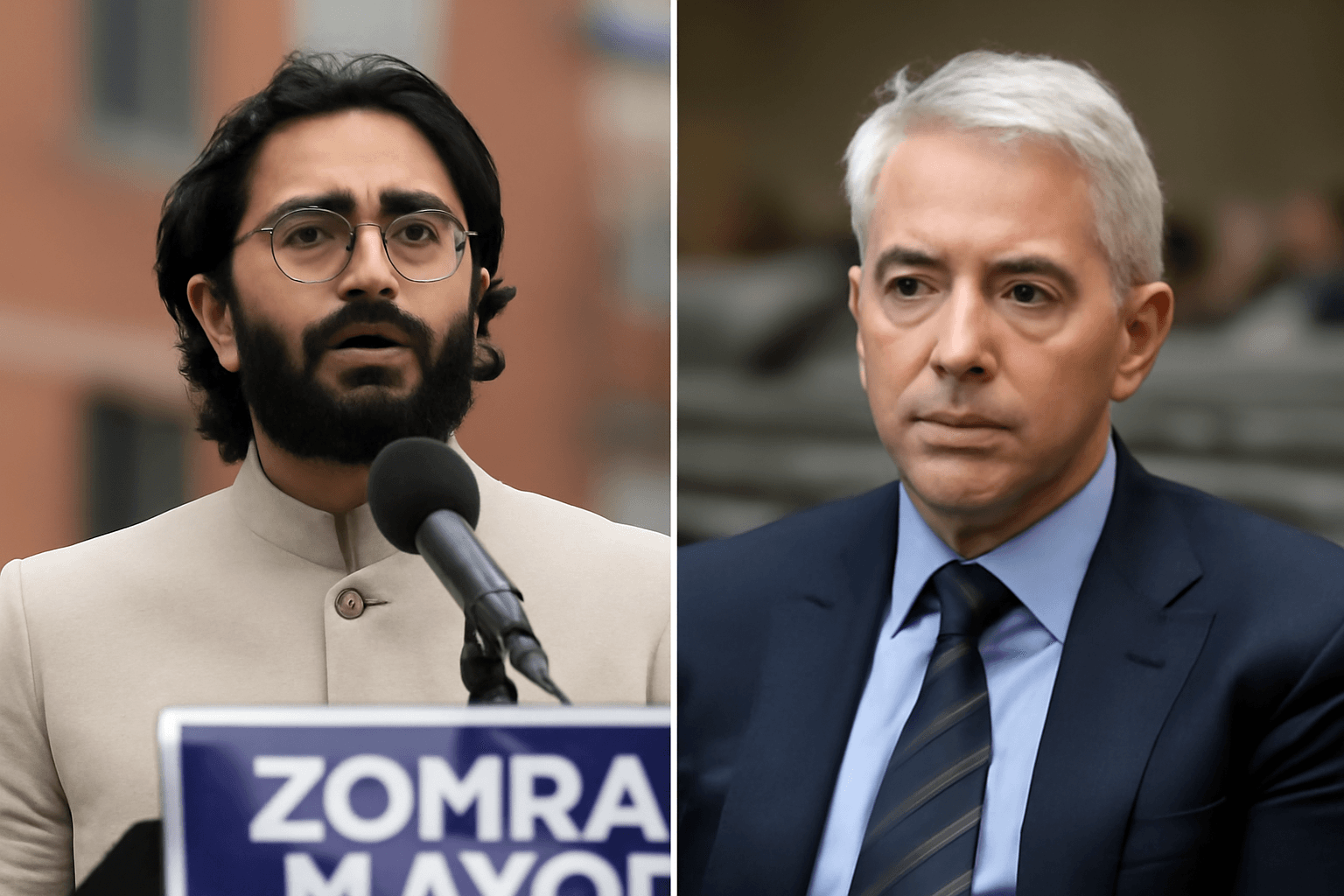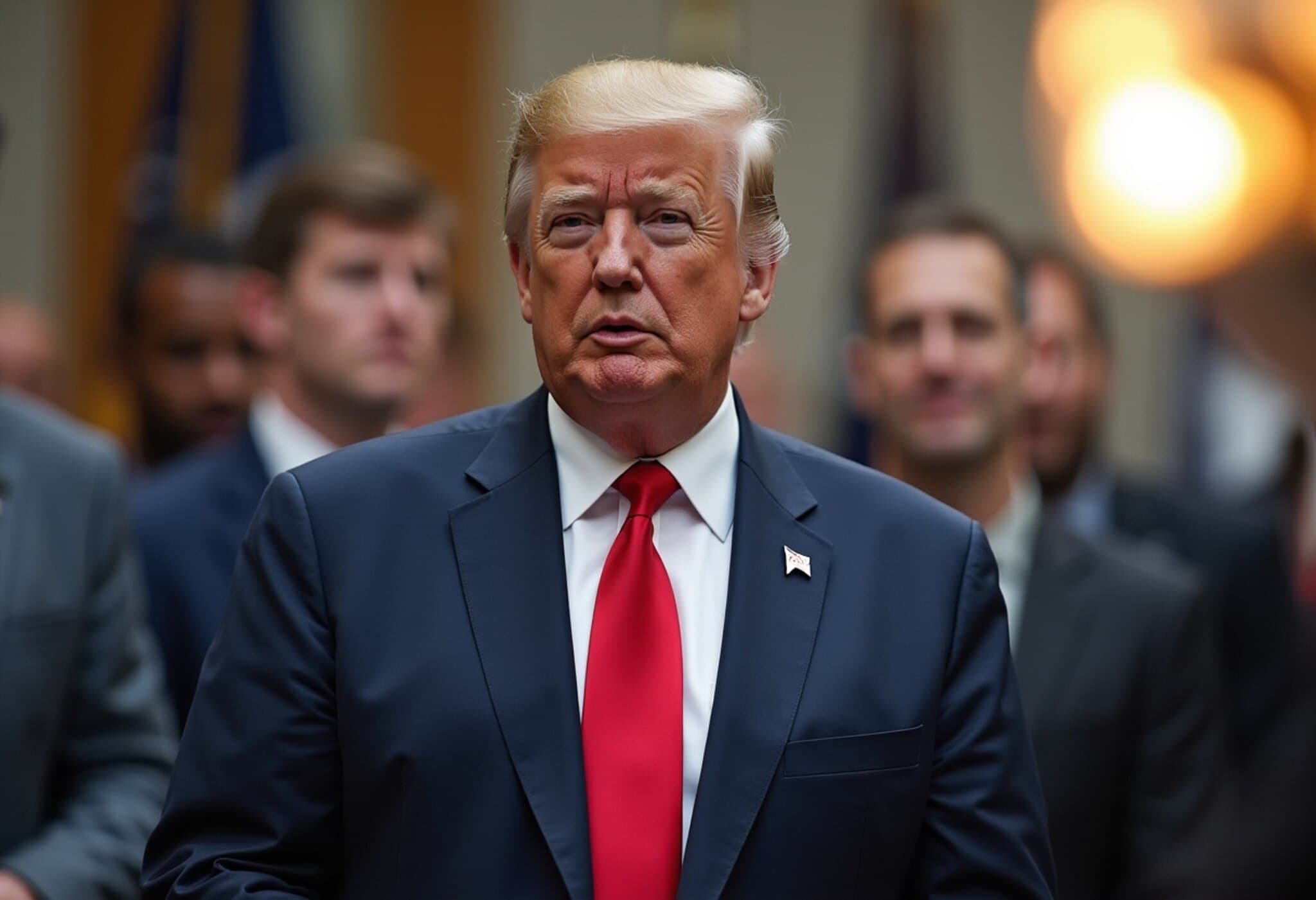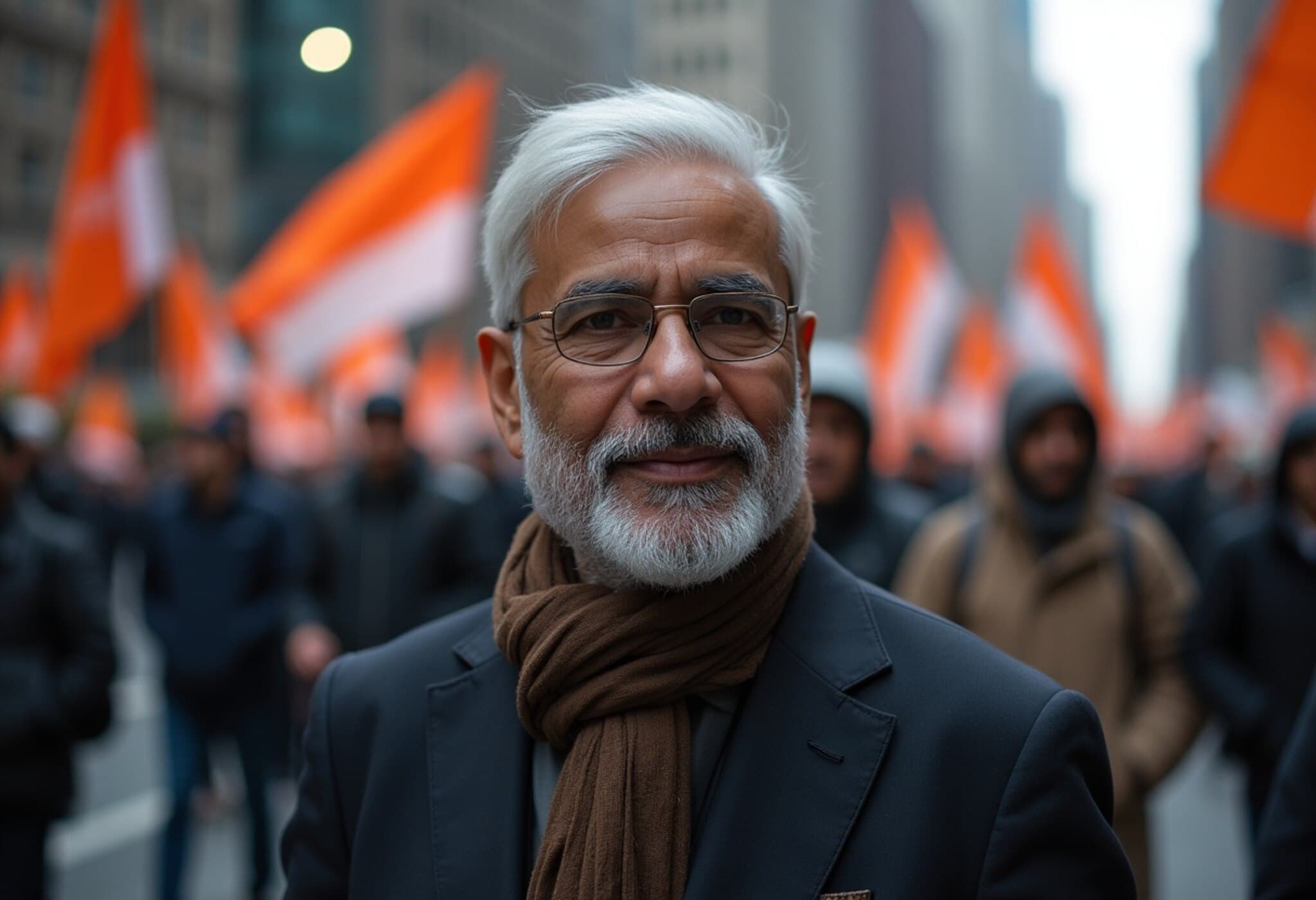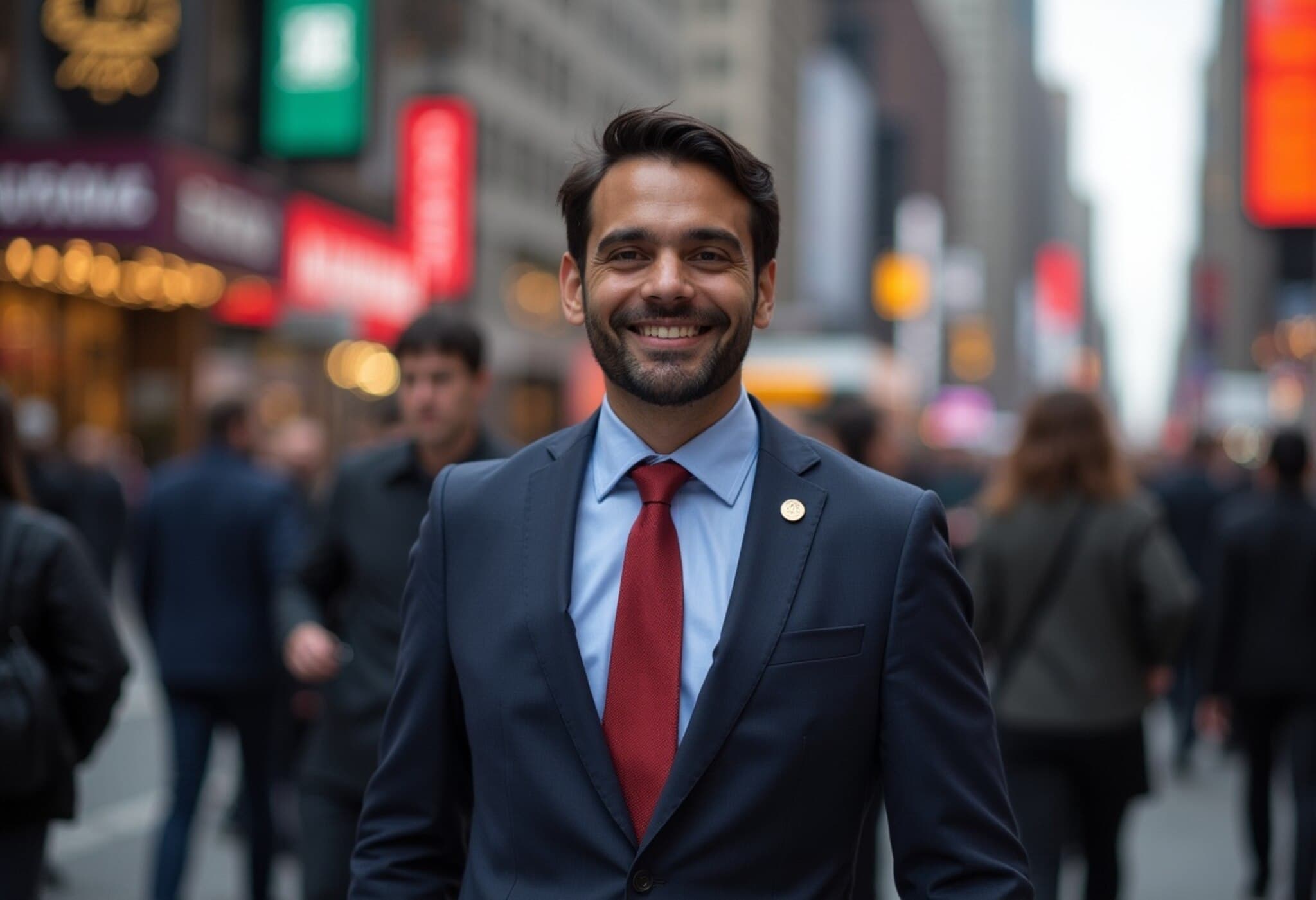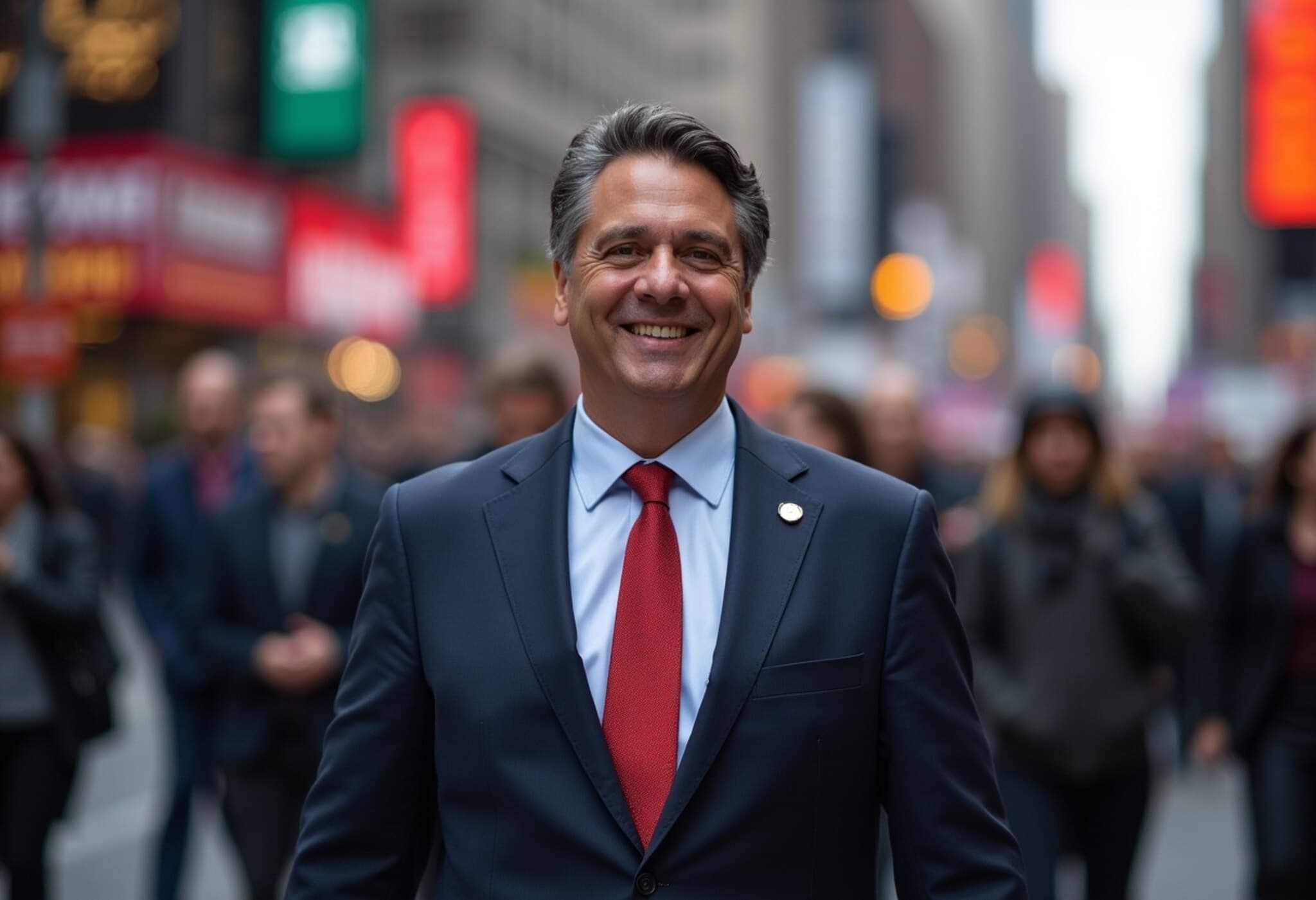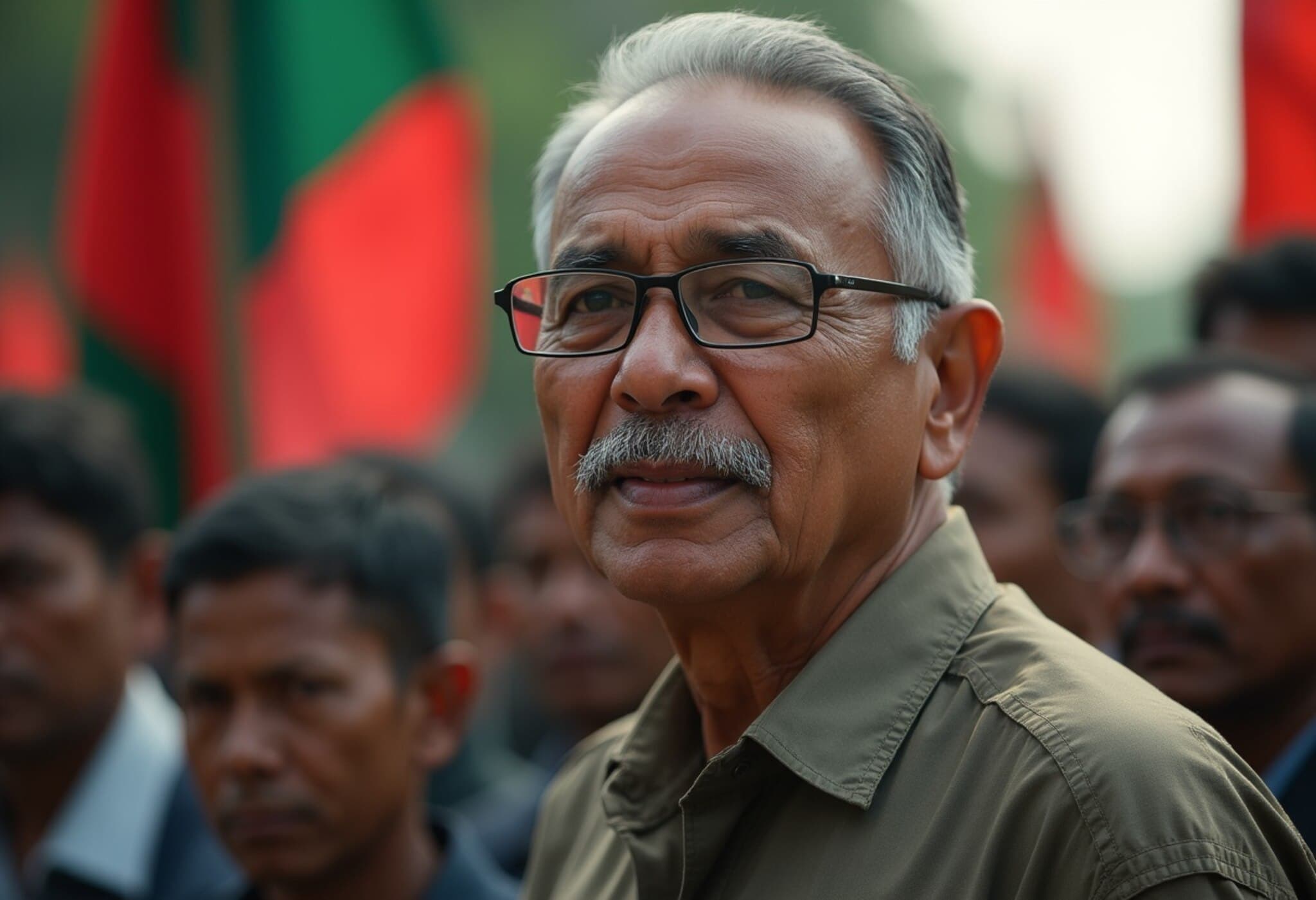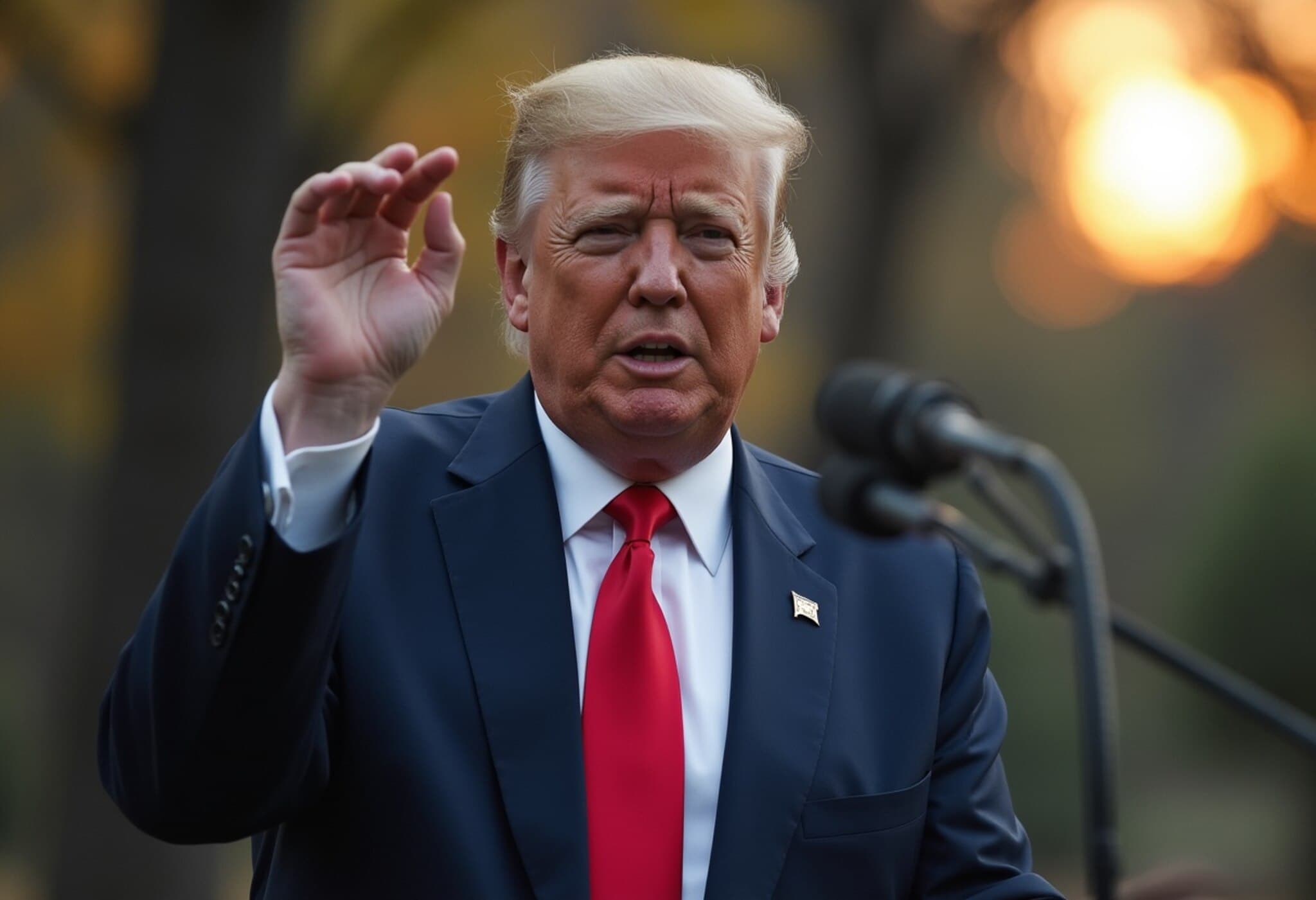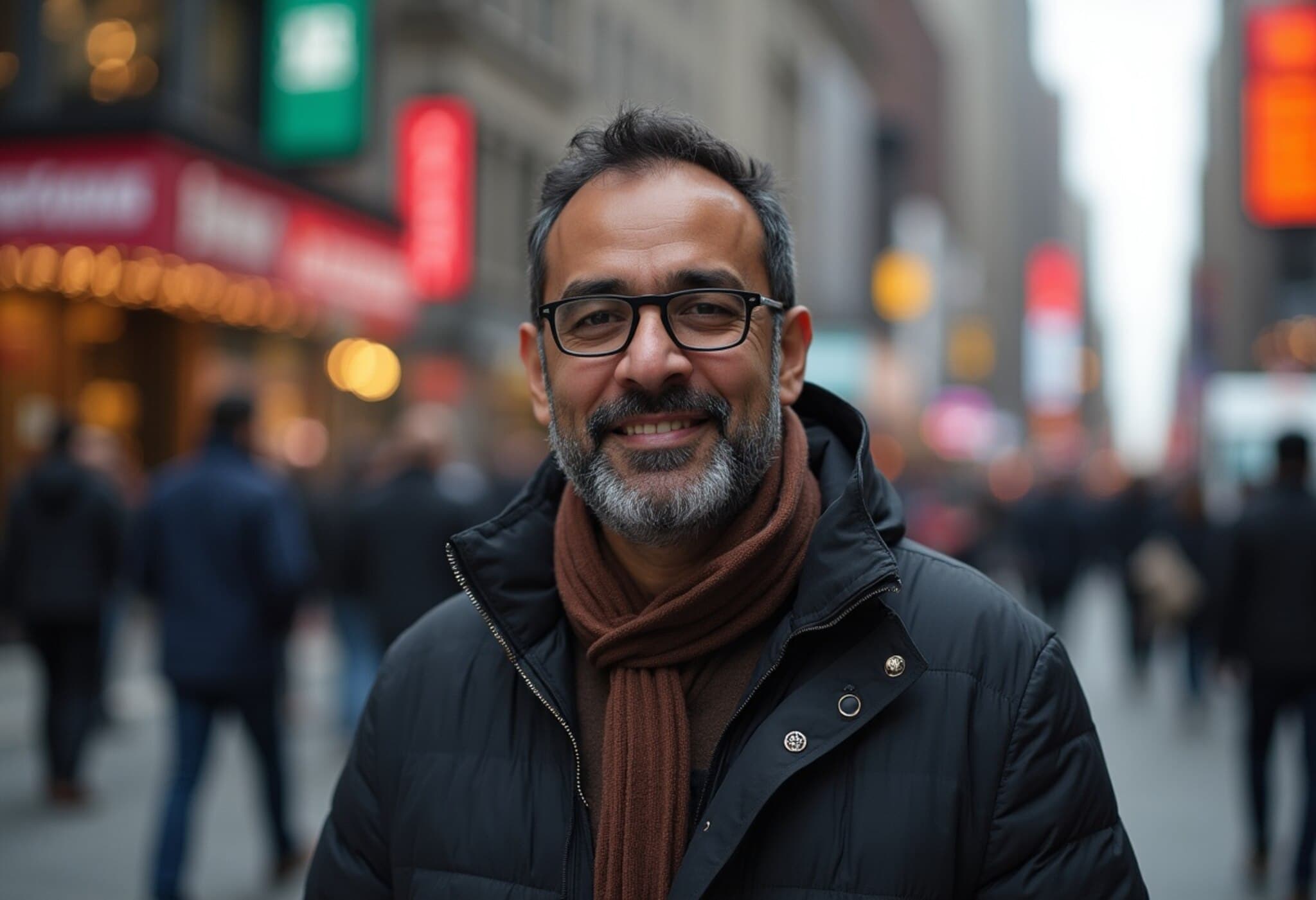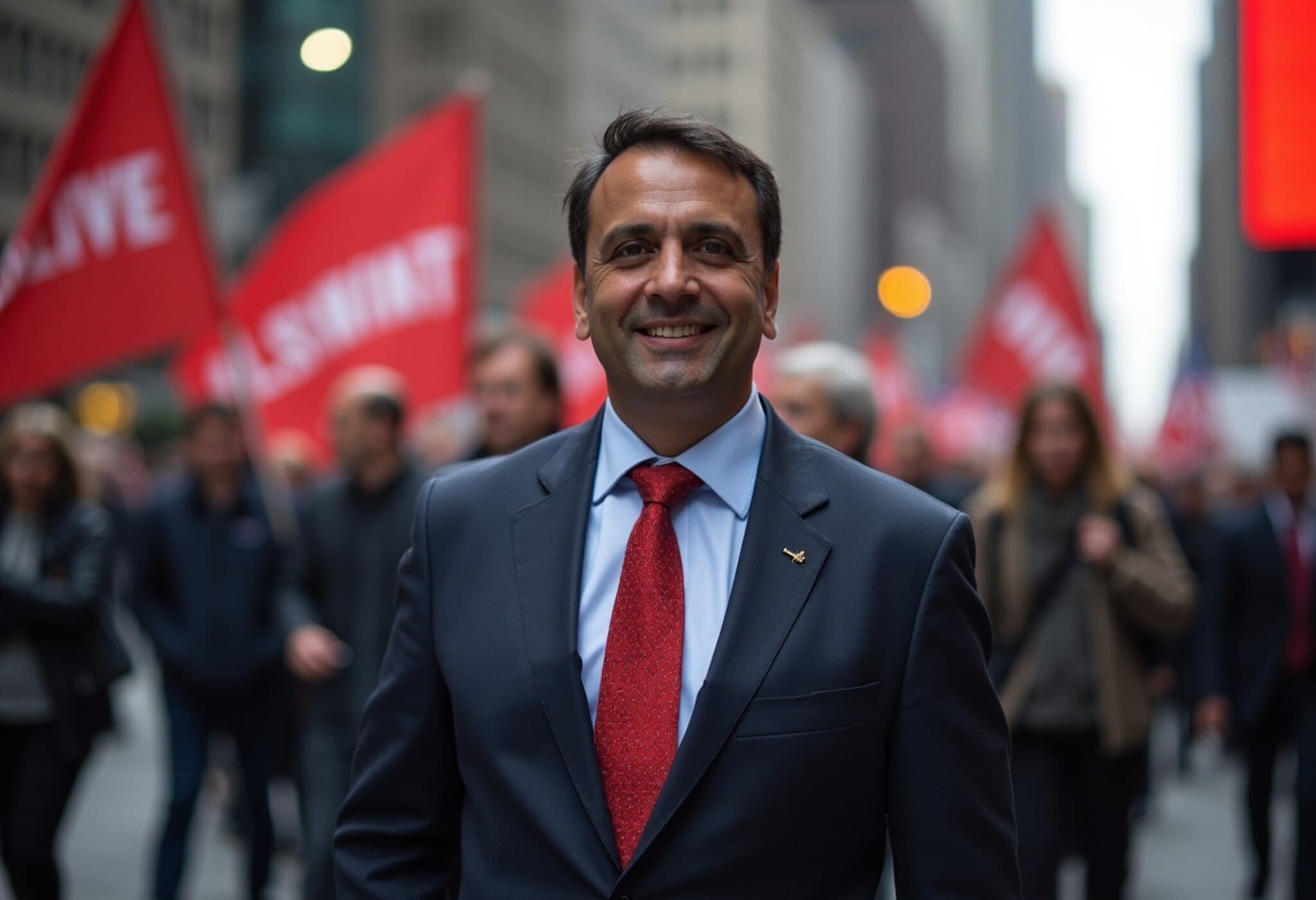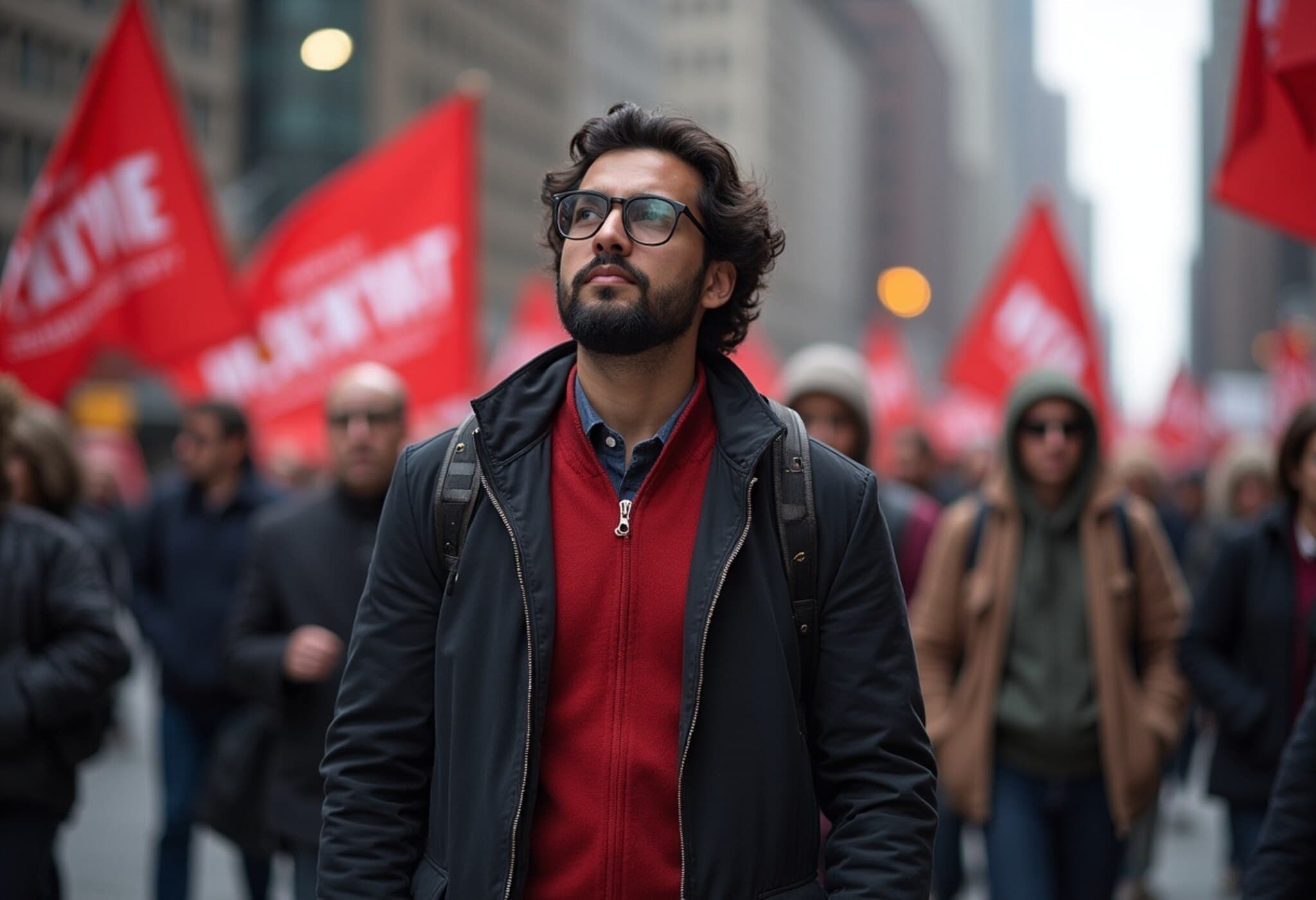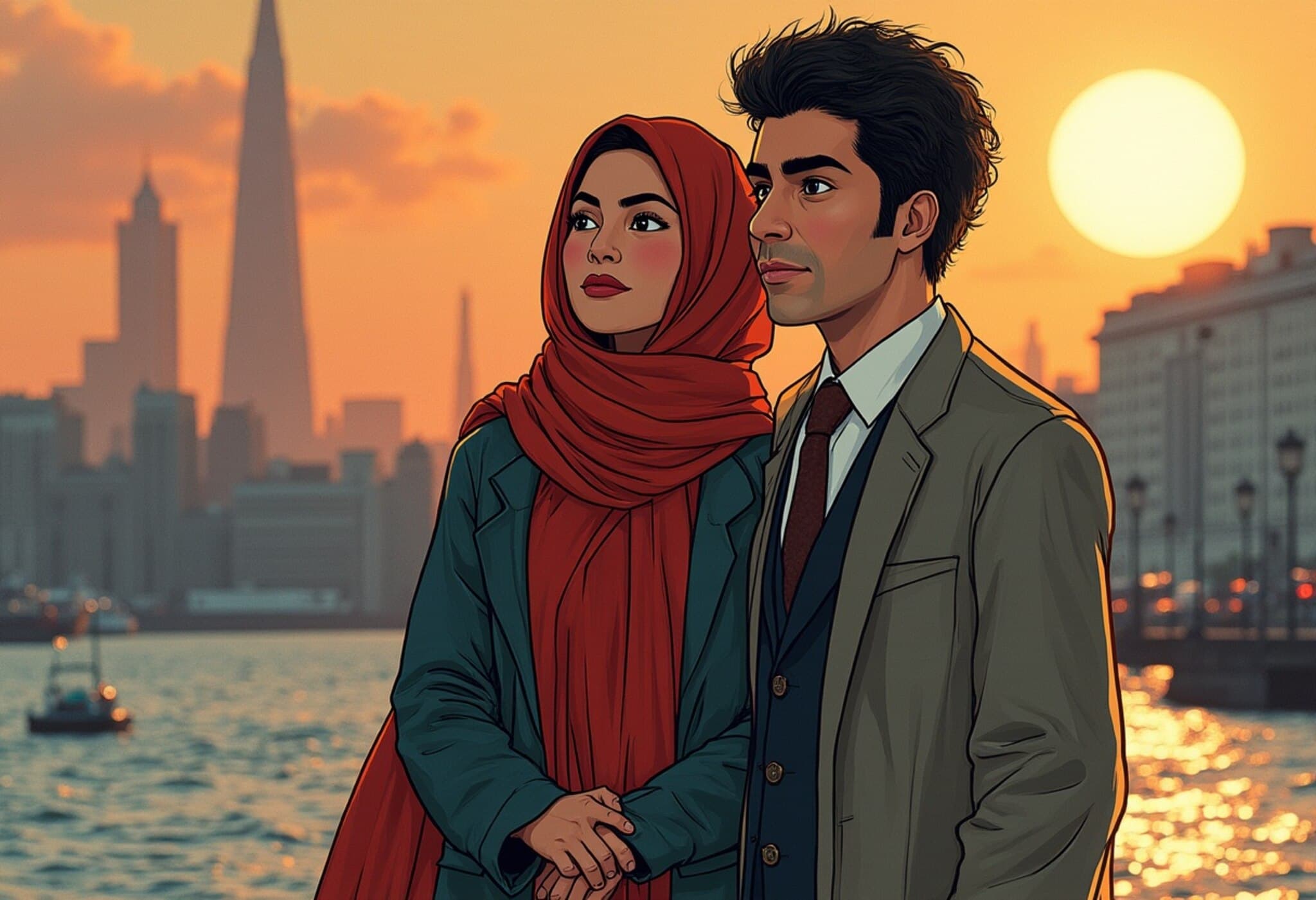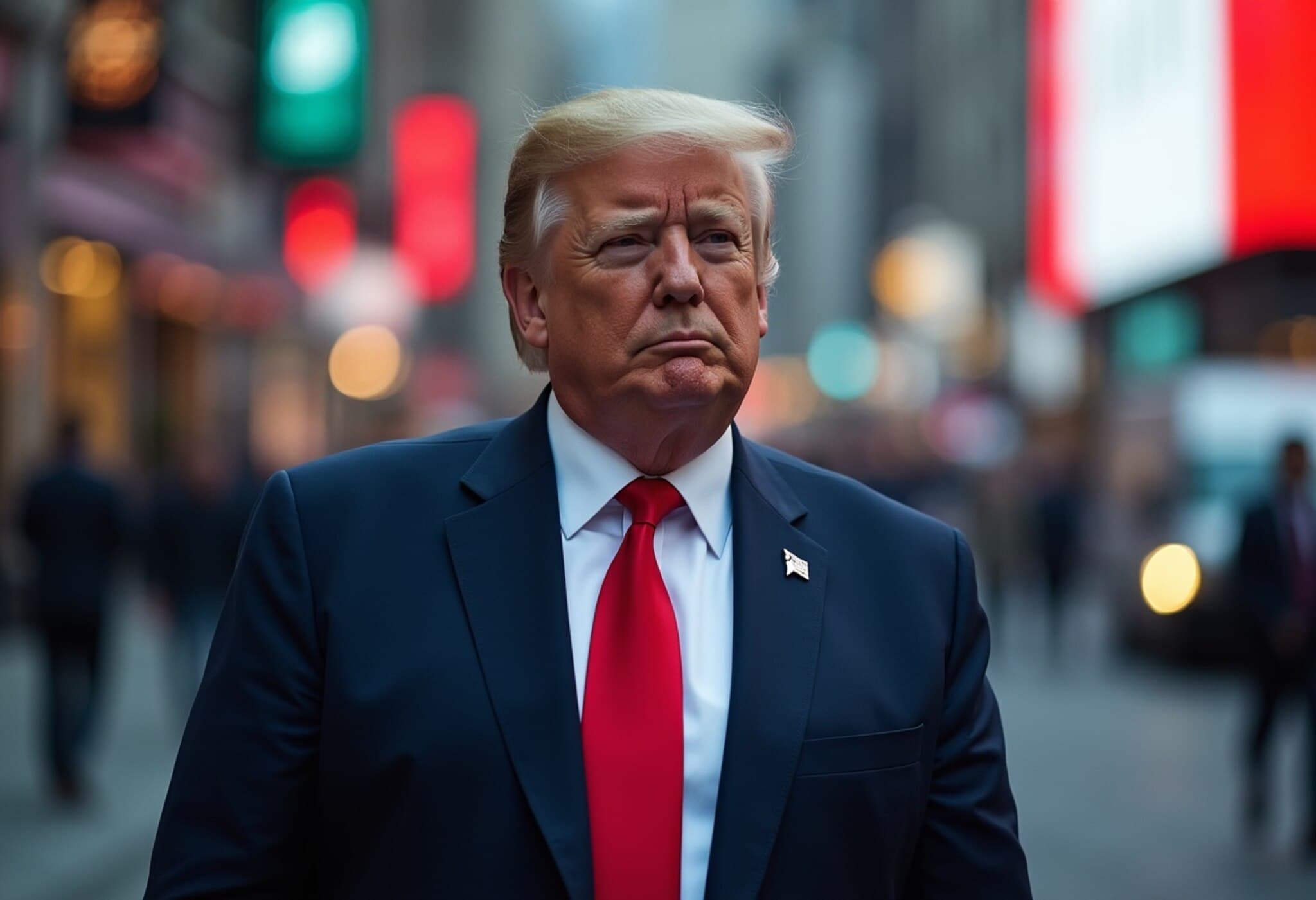Bill Ackman Targets Zohran Mamdani Amidst Controversy Over Father's Past Remarks
Billionaire hedge-fund manager Bill Ackman has recently taken a sharp stance against Zohran Mamdani, a candidate vying for New York City's mayoral seat. This confrontation unfolds following the resurfacing of contentious views expressed years ago by Zohran’s father, Mahmood Mamdani, a respected academic at Columbia University. The elder Mamdani’s remarks, categorizing suicide bombers as "soldiers" rather than mere criminals, have sparked fierce debate and social media backlash.
Unpacking the Viral Controversy: The "Soldier" Label
The controversy centers on excerpts from Mahmood Mamdani’s 2004 book, Good Muslim, Bad Muslim: America, the Cold War, and the Roots of Terror, which has attracted renewed scrutiny. In the book, Mahmood Mamdani challenges the prevailing Western narrative by stating:
"We need to recognize the suicide bomber, first and foremost, as a category of soldier. Suicide bombing needs to be understood as a feature of modern political violence rather than stigmatized as a mark of barbarism."
Bill Ackman seized on these statements to imply a familial ideological link, tweeting, "The apple @ZohranKMomdani doesn’t fall far from the tree." This comment has ignited a debate not only on social media but also among political analysts, raising questions about the fairness of holding Zohran accountable for his father's academic perspectives.
Mahmood Mamdani’s Perspective: Contextualizing Political Violence
To grasp Mahmood Mamdani’s stance, one must delve deeper into his broader argument about modern terrorism, articulated in various interviews and writings. In a 2004 interview with Asia Society, he stressed the importance of understanding terrorism through a historical lens that considers the interplay between state and non-state violence.
- He criticized simplistic Western views that either demonize or infantilize suicide bombers.
- He suggested these acts stem from deep political frustrations, particularly tied to prolonged conflicts like the Palestinian intifada.
- He argued that the term "suicide bomber" is misleading, as these individuals strategically engage in violence, resembling combatants in an asymmetrical conflict.
Mahmood Mamdani’s remarks highlight the failure of older generations to resolve long-standing political struggles, resulting in younger generations resorting to extreme measures out of desperation.
Implications for Zohran Mamdani’s Mayoral Campaign
Zohran Mamdani has built his political campaign around progressive urban policies and community engagement in New York City. Amidst Ackman’s accusations, political commentators wonder how much the elder Mamdani’s academic analysis will affect Zohran’s public perception.
Experts in political communication emphasize that while family background can inform voter views, holding candidates responsible for their relatives’ academic or political opinions can be a slippery slope. The debate also underscores the complexity of interpreting academic discourse on terrorism and political violence in highly charged electoral climates.
Expert Insight: The Intersection of Academia, Politics, and Public Opinion
Dr. Lisa Feldman, a political science professor specializing in Middle Eastern conflicts, notes, "Mahmood Mamdani’s approach encourages us to question black-and-white labels on political violence. However, such nuanced perspectives often face backlash when they spill into the highly polarized arena of electoral politics."
She adds, "For Zohran Mamdani, the challenge is navigating these inherited narratives while focusing on tangible policy solutions for New Yorkers."
Why This Matters: The Broader Debate on Political Violence and Public Discourse
This controversy is a microcosm of a larger conversation about how societies interpret and respond to political violence. It asks the public to confront uncomfortable questions: Are terms like "terrorism" and "soldier" mutually exclusive? How does generational trauma shape modes of resistance? And importantly, how should democratic societies engage with these topics without oversimplification?
Key Takeaways
- Bill Ackman’s criticism reflects broader tensions in linking political figures to their family members’ views.
- Mahmood Mamdani’s academic work challenges simplistic narratives about suicide bombers by placing their actions within complex political histories.
- The debate highlights the delicate balance between understanding political violence contextually and the emotional responses it generates.
- Zohran Mamdani’s political future may hinge on his ability to assert an independent identity amid inherited controversies.
Editor’s Note
This unfolding story serves as a poignant reminder of how academic discourse and electoral politics can clash in public forums. It challenges readers to look beyond headlines and consider the historical and psychological dimensions underlying political violence. As American cities grapple with complex social issues, discerning nuanced truths from emotionally charged rhetoric becomes essential for informed civic engagement.

